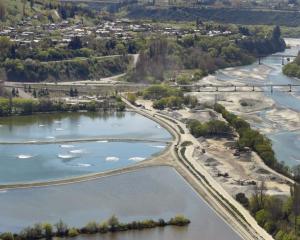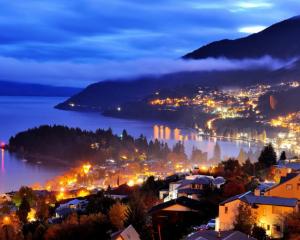
The First Union says it is the first time it has heard of that condition and considers it a ‘‘massive overreach by the employer’’.
The council has since said it was a mistake and the passage will be removed from its consent document.
The council gave consent last month for temporary accommodation in Coronet Forest to house up to six Clutha district forestry workers, from Monday to Friday, for the duration of the harvest of the forest, expected to take about two years.
The land use consent, approved on a non-notified basis, included a clause prohibiting alcohol, parties and events on the site, because it was a workplace, and stipulated ‘‘workers will not visit pubs or bars after work hours’’.
Following an Otago Daily Times inquiry yesterday, council media and channels adviser Jack Barlow said the reference to workers not visiting pubs or bars after work hours was a mistake and should not have been included.
‘‘The passage will be amended to remove this.”
First Union assistant general secretary Louisa Jones said the union was still ‘‘very keen’’ to take a closer look at it.
“Consumption of alcohol on one’s personal time is not a breach of the RSE [recognised seasonal employer] scheme, and it would almost certainly be unenforceable.
‘‘It’s an accepted part of the rules and regulations in New Zealand that you can socialise and drink on your own time as long as you’re not ever impaired at work.”
The council’s application said positive effects of the accommodation included removing the need for out-of-town workers to ‘‘find or pay for local rental accommodation’’.
‘‘The proposal will also benefit the community by reducing accommodation demand and costs associated with the forestry harvest.
‘‘In addition, overnight workers will provide a useful security measure for the forestry operations and equipment.’’
Conditions of consent included the provision of an onsite wastewater holding tank and a potable water storage system before the buildings were occupied, as well as a Fire and Emergency New Zealand approved firefighting system.












